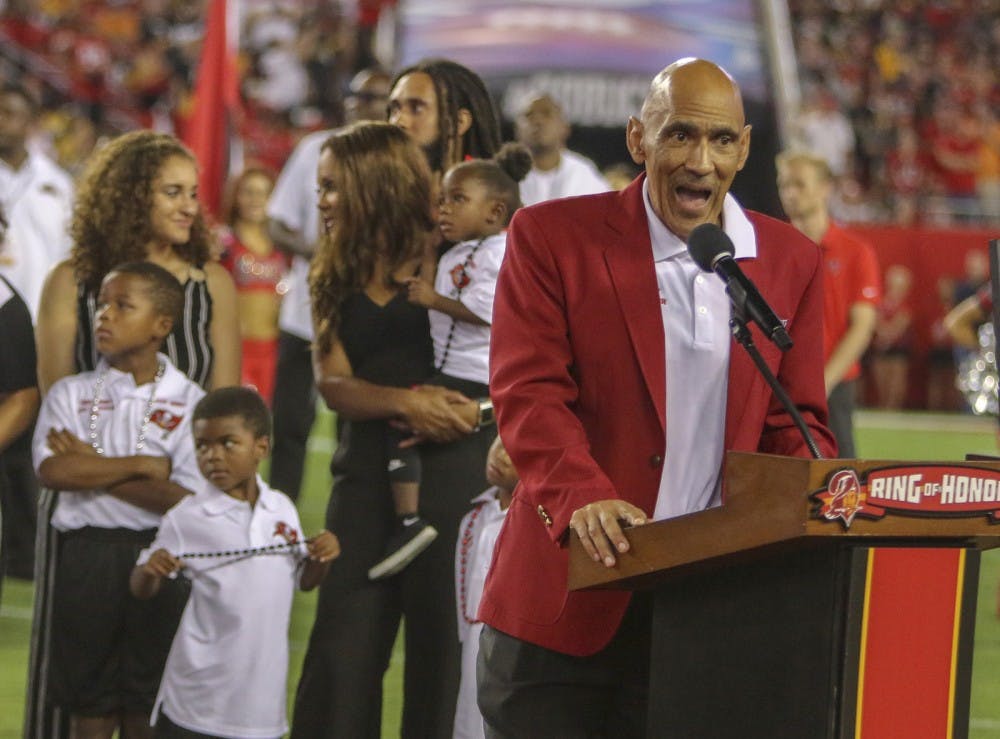We are in the midst of tournament time for NCAA basketball. There is a rich history surrounding the tournament, including major triumphs and tribulations with black athletes and coaches.
Yesterday marked 35 years since John Thompson of Georgetown University became the first African-American coach to win a NCAA basketball tournament.
While this was a great accomplishment, there needs to be more discussion about increasing diversity in coaching positions, specifically within collegiate athletics.
It is concerning that the number of black head coaches compared to athletes is so drastically different. The prejudice surrounding who is equipped to be a head coach needs to change.
According to the NCAA Demographics Database, in men’s college basketball, black people account for 45% of student athletes, but only 17% of head coaches as of 2018. These numbers have been relatively stagnant since 2008.
However, these striking statistics do not just reflect basketball. During the 2018 college football season, 13 of 130 teams were led by black coaches. At the DI level, black coaches only made up 10% of head coaches, but black athletes made up just under 50%.
As many issues regarding race in America, this problem is deeply rooted in history and institutionalized racism.
Racial stacking is a term used to describe when minority groups are pushed away from high profile leadership positions and into lesser roles. This has been prevalent among college athletes and reflects diversity numbers in coaching positions.
This was not only seen in coaching positions, but also through pushing black athletes away from central positions, such as quarterback.
According to a 2013 study, 62% of black athletes who played quarterback in high school switched positions when they got to college.
Sociologist Harry Edwards argues that this issue goes back to the stereotypes that white people are more suitable to make decisions regarding greater thinking and decision making.
On the other hand, black athletes are typically viewed as having “reactionary positions” and “greater athleticism” so they play positions such as running back and wide receiver.
One would hope that a mindset that discriminatory would not still be in normalized today, but it can be clearly seen in college athletics.
Often times, black coaches are hired to be recruiting assistants because many believe they will be able to relate more with athletes and their families since there is an allegedly better social and cultural understanding if the coach is the same race as the player.
So, if black coaches are hired as recruiters due to their connection with black players, that should transcend to other coaching positions as well since a player’s relationship with a coach is essential in quality team cohesion.
Yes, coaches and players can get along regardless of race, but there is likely to be a more personal connection if the players and coaches have similar social and cultural backgrounds.
The stigma surrounding who is suitable to be a coach needs to change. Subtle biases should be pushed to the side to create more opportunities for minorities and diversity for all.






